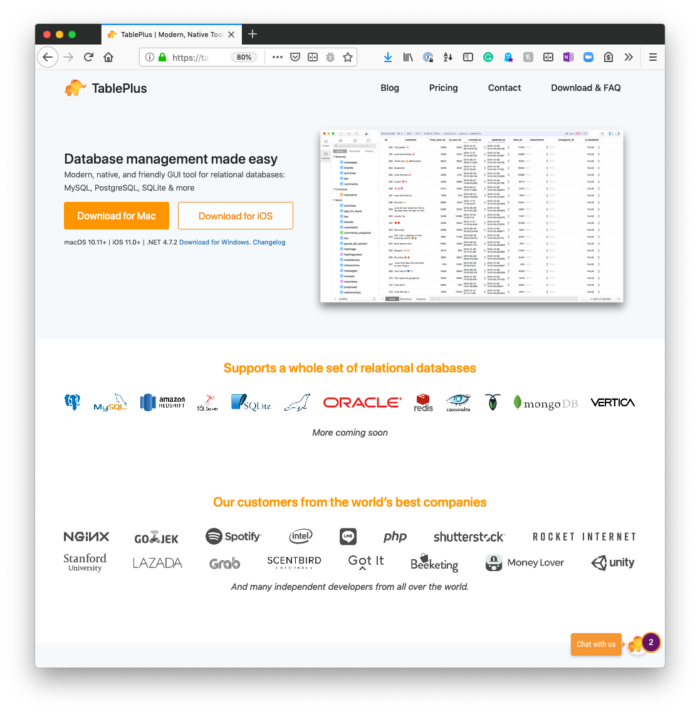A few years ago, I wrote a post about Setting Up PHP CodeSniffer in Visual Studio Code (and I’ve recently updated it, too).
But it’s been four years since that post was originally written and, in that time, a lot can change in terms of how we write code.
Four years is roughly an Internet Age, isn’t it?
Anyway, the basic points of that article still stand, but if you’re working on a variety of projects and some of them require different configurations, settings, and standards, then the way you go about installing and configuring PHP CodeSniffer may be different than how you configure it on a system-level.
So if you’re in that position, here’s how you can configure PHP CodeSniffer on a per project basis using Visual Studio Code.
Continue reading
